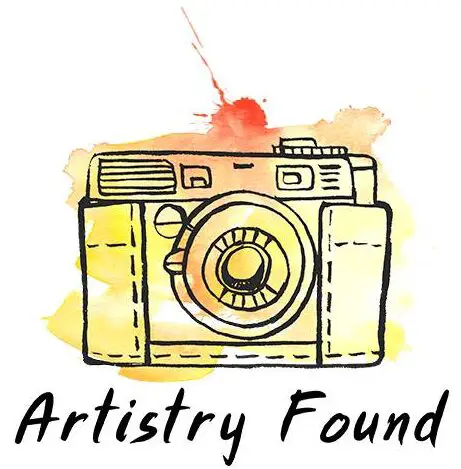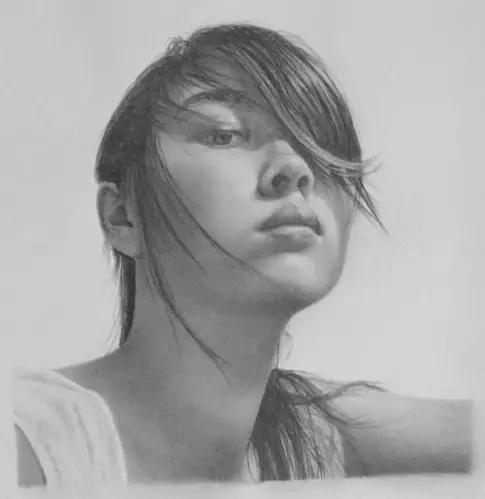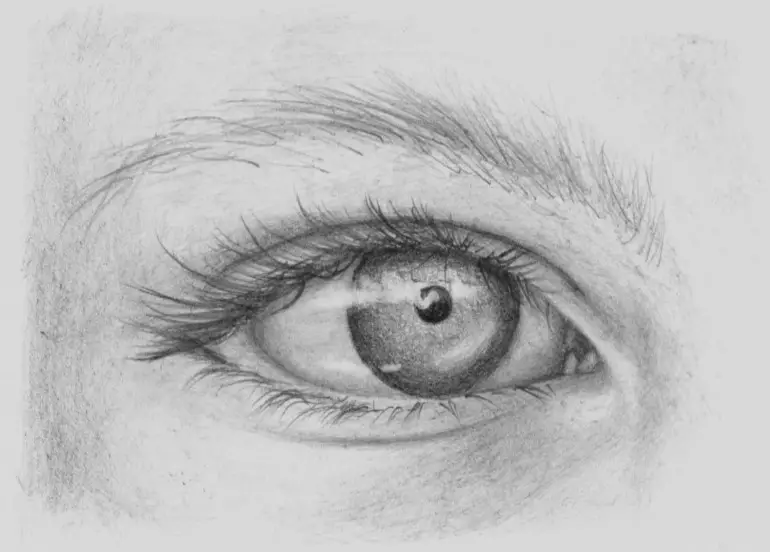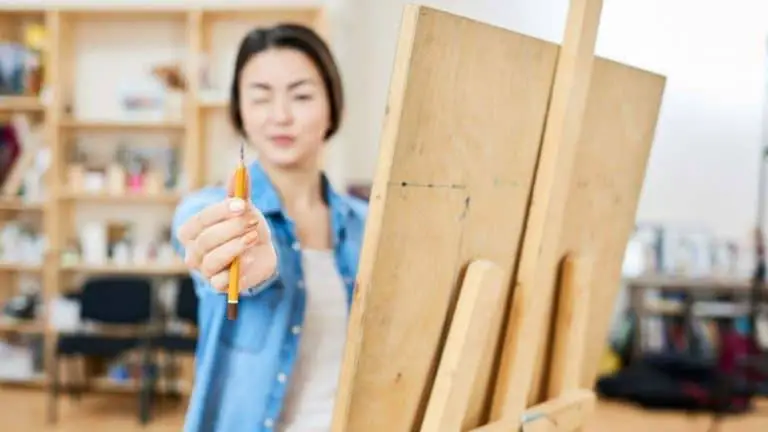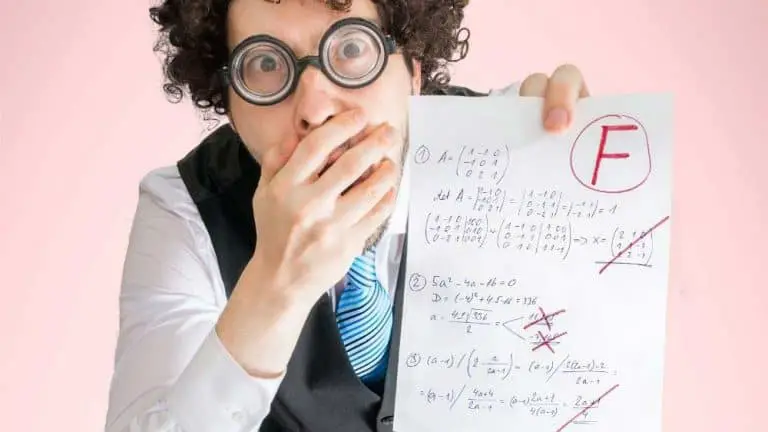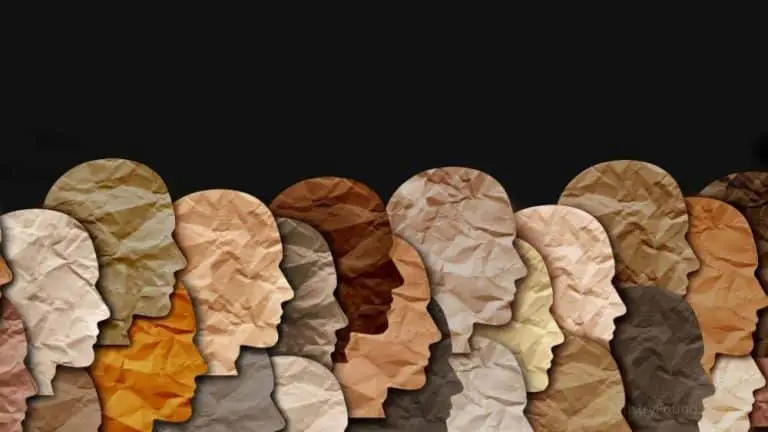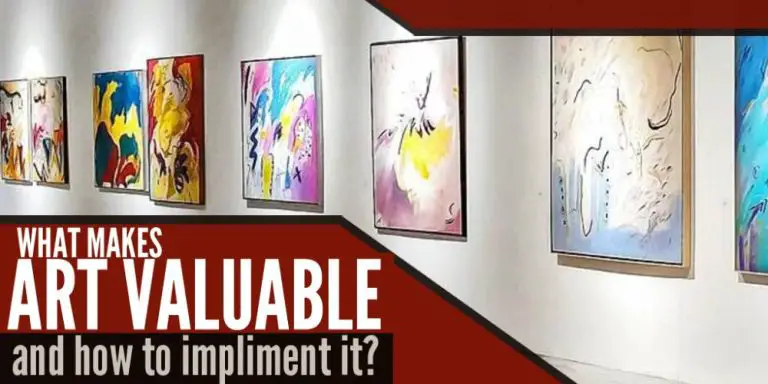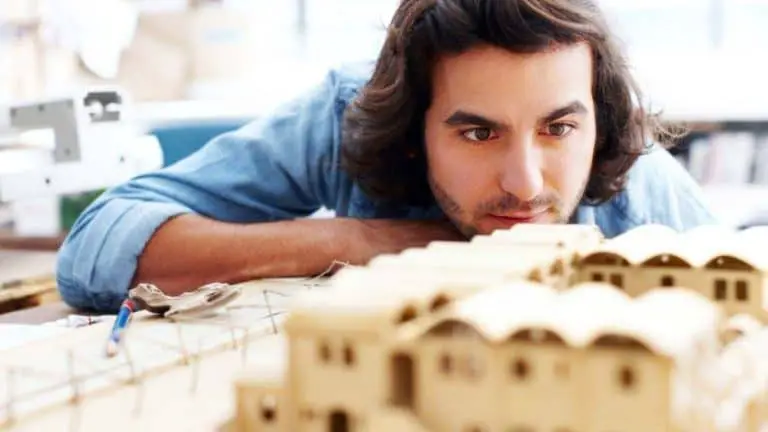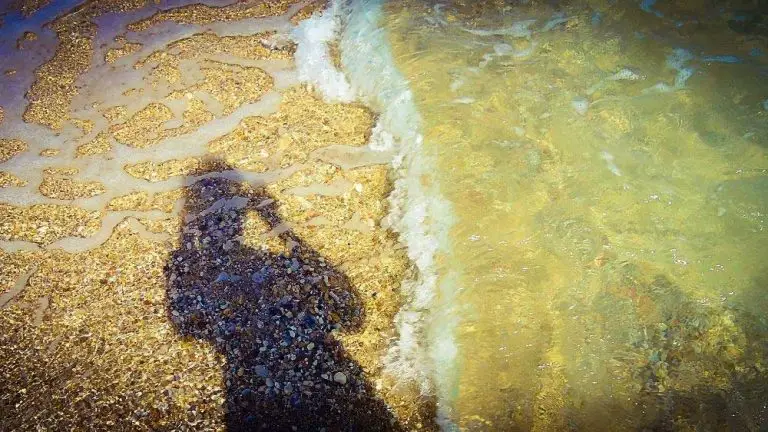Why Artists Procrastinate & How To Stop!
Every artist procrastinates from time to time. It is perfectly normal. Procrastination only becomes a real problem when it drags on and starts to become a habit. In this case, there are usually reasons why an artist is avoiding the task at hand. So, why do artists procrastinate and what can be done to get the creative process flowing again?
Artists procrastinate for one of several reasons including; a lack of inspiration, fear of failure, self-doubt, lack of motivation, or other similar factors. Luckily this is learned behavior, and there are things an artist can do such as limiting distractions, and using a reward system to unlearn the habit of procrastination.
Artists tend to be in touch with their emotions because they create their art based on how they feel. As we all know, unstable emotions can cause a creative person to have difficulty focusing on or performing a task, so it is understandable that an artist, who relies on their emotions for inspiration, could experience procrastination from time to time.
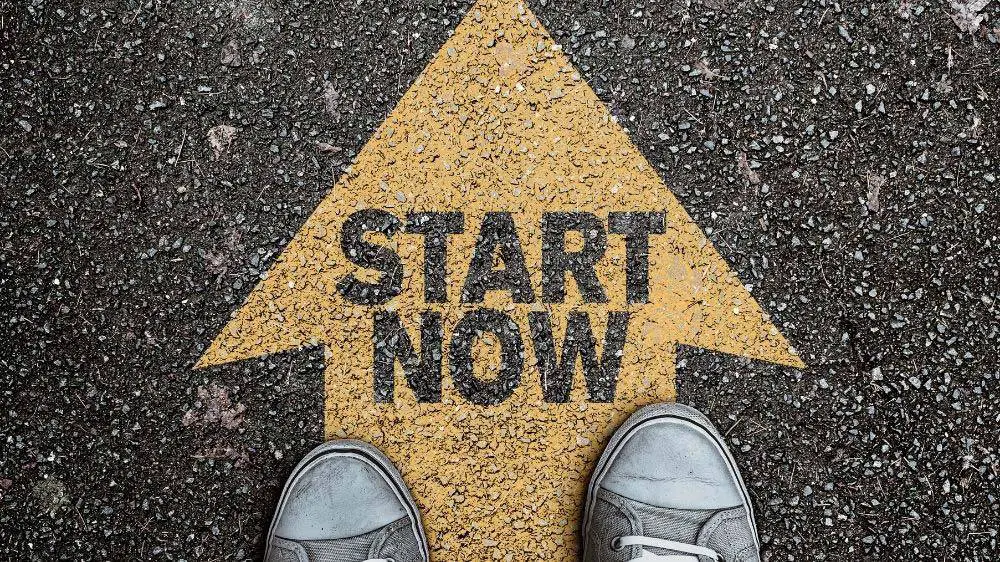
(This article may contain affiliate links and I may earn a commission if you make a purchase)
What Causes An Artist To Procrastinate?
Some people may look at a procrastinator as a lazy person who just doesn’t want to do anything. This is not always the case. Bear in mind that an artists’ work depends on their creativity and imagination.
Hitting the procrastination wall is hard enough if you have a career where you more or less do the same thing every day, but it is a whole different challenge for an artist. It is very difficult, often almost impossible, to be creative if you have a mental block or just don’t feel like working on anything.
Artists need to invent their work, not maintain it, so it has nothing to do with laziness. Let’s explore some of the real reasons why artists procrastinate.
Psychological Block –
An explanation for a prolonged habit of chronic procrastination could stem from their childhood. It could be that they had a narcissistic, controlling, overpowering parent whilst growing up. Anything they did was rarely good enough, and they were under constant pressure and judgment.
When you suffer the wrath of such a parent, it takes a long time and a lot of hard work to rebuild yourself. Your defense mechanism of suppressing your emotions, instead of feeling or expressing them, becomes very strong.
For a creative type who lives their life expressing themselves through their art, it comes as no surprise that a person in this situation may have trouble with procrastination.
Lack Of Motivation –
Creativity can’t be forced, but sometimes an artist needs to create something for a client that does not really interest them. If an artist is not motivated or excited about a project, then it is difficult for them to tap into a creative mindset.
Fear Of Judgement –
An artist’s creative work represents who they are. It is a very vulnerable profession to be in, one that is often besieged by many different overtly voiced opinions. This can cause great fear in an artist, causing them to procrastinate instead of facing their fear of what other people may think about them and their artwork.
Self-Sabotage –
If a habitual procrastinator is in a situation where they need to perform, they may be great at creating or attracting situations that are toxic and get in the way of their own performance. This self-sabotage pushes them even further away from what they need to do.
Distractions –
An artist’s creative thinking never stops. There are always new ideas on their minds, and they are always busy imagining and creating. This could also encourage procrastination, as the abundance of ideas in their mind may be creating a distraction from focusing on and accomplishing one great idea at a time.
An artist may also have formed a procrastination habit due to social media. Social apps can make for a major distraction. Constantly checking Instagram, Twitter, and Facebook, or binge-watching YouTube videos can be a major time suck. It’s easy to put off an unpleasant task, or one your worried about, by forming the bad habit of constantly checking one’s phone.
Lack Of Skill –
If the creative project requires the artist to learn a new task, like an art style they are unfamiliar with, they may procrastinate because they really do not know where or how to start. This is often the case if the artist is a student. A steep learning curve has a tendency to reduce or stop forward momentum altogether.
Rebellion –
An artist might not have a creative block at all; they could just be rebelling. Artists often have very unique personalities, and are prone to living an independent lifestyle. Rebellion is an attack on conformity. Unfortunately, rebellion does not always lead to a very productive workflow.
Depression And Anxiety –
To be in a state of depression, anxiety, or stress can be extremely debilitating. If an artist is experiencing depression, then it will be very difficult for the creative juices to flow as this state of mind can be very overwhelming. Understandably, this leads to procrastinate, which only causes increases their anxiety.
Having Second Thoughts –
What if they start a new art project, and just as they reach the halfway mark, a new, better idea comes up? This can cause the artist to procrastinate due to self-doubt. If that happens, they will feel a certain amount of doubt about whether or not the current idea is good enough, and this can be enough to stop an artist in their tracks.
Planning Fallacy –
The artist could procrastinate if they are under the delusion that they have more than enough time to complete the task. However, as time goes by and the deadline is nearing, they continue to postpone because they still believe that they have enough time left to complete the project. Operating like this will likely not end up producing the artists best work.
Temporal Disjunction –
Another reason an artist could procrastinate is if they feel like their future self is disconnected from their present-self. They feel that the opinions and judgment will only affect their future-self, so they put off starting altogether. A “Why do today what you can put off till tomorrow” kind of thing.
Perfectionism –
Art is supposed to be freeing, where the imperfect is the new perfect, where the ideal is to just do it and not think about it too much. If an artist is a perfectionist, this could pose a real challenge if their inner critic is so afraid of making a mistake, that they don’t do the task at all.
What Can An Artist Do To Overcome Procrastination?
There are various ways to go about eliminating procrastination from your life. Let’s have a look at several methods you may find helpful;
Find The Reason Why –
If an artist is procrastinating, they first need to find out what the reason is. Try taking a 5-minute break, think of the possible culprits and rule them out as you go along. If you can pinpoint where the procrastination problem originates, it makes it easier to work on resolving it so that you can continue with what you need to do.
The Reward System –
If an artist is struggling to start on a dreaded task, they should try to implement the reward system. This is where a person rewards themselves if they have completed their work (or even just a task within the bigger project). This could be anything from watching a movie to having a spa day. This system is very effective because it motivates you to get started.
Hard First, Easy Later –
The most important, most challenging task is usually the one that causes a person to procrastinate on all the tasks on their to-do list. Making a priority list, starting with the most difficult task, could help because then the ‘mountain’ would be out of the way, and the remainder of the tasks will seem easy to them.
As a kid I used to eat the thing on my plate that I liked the least first. This got the hardest part (vegetables) out of the way first, and led to progressively easier and more enjoyable things to eat until I got all the way to dessert. Worked like a charm!
Time Yourself –
Set a stopwatch or alarm to go off every 2 hours. This is both a fun and motivating way to challenge yourself and see how much you can get done in that time. Give yourself a small reward after every 2 hours, reset your alarm, and start again. This idea couples a time limit with the reward system. It’s not for everyone, but it could work for you!
Imagine The Desired Outcome –
Instead of dreading the outcome of your work and fearing what may happen in the future, try to picture your future-self excelling or being praised for your good work. This is a form of visioning. Repeatedly imagining the outcome you want, will most definitely help you to get there.
Remove Distractions –
If you are easily distracted or suffer from ADD, it is important to eliminate the things around you that are interfering with your concentration. Try to find out what they are, whether it be the room you are in or too much noise; see if you can create an environment that will encourage productivity.
Seek Help –
If you do, in fact, suffer from depression and anxiety, go and seek help from a professional doctor. This is an issue that you shouldn’t deal with on your own. Speak to a psychologist to start the process of helping you work through any challenges you’re experiencing.
If you feel better, you will do better! That goes for all the suggestions in this article. Everyone is different, and as such you should try individualized variations of these techniques so that they not only work well for you, but they leave you feeling energized.
In Conclusion
There is a saying, “Don’t let the fear of striking out keep you from playing the game.” If you find yourself procrastinating because of fear, whatever that may be, always remind yourself that you are more than good enough. People will appreciate your work and are usually not as judgmental as we imagine them to be.
Try to overcoming procrastination by teaching yourself a healthy way to handle any difficulties so that you can overcome the obstacles that are holding you back from getting things done!
More From Artistry Found:
- How Artists See The World (A Different Vision)
- Which Colors Are Used Most in Art? (You May Be Surprised!)
- Are Artists Introverts or Extroverts? (Explained!)
Sources:
Get It Done – From Procrastination to Creative Genius
Thief of Time – Philosophical Essays on Procrastination
